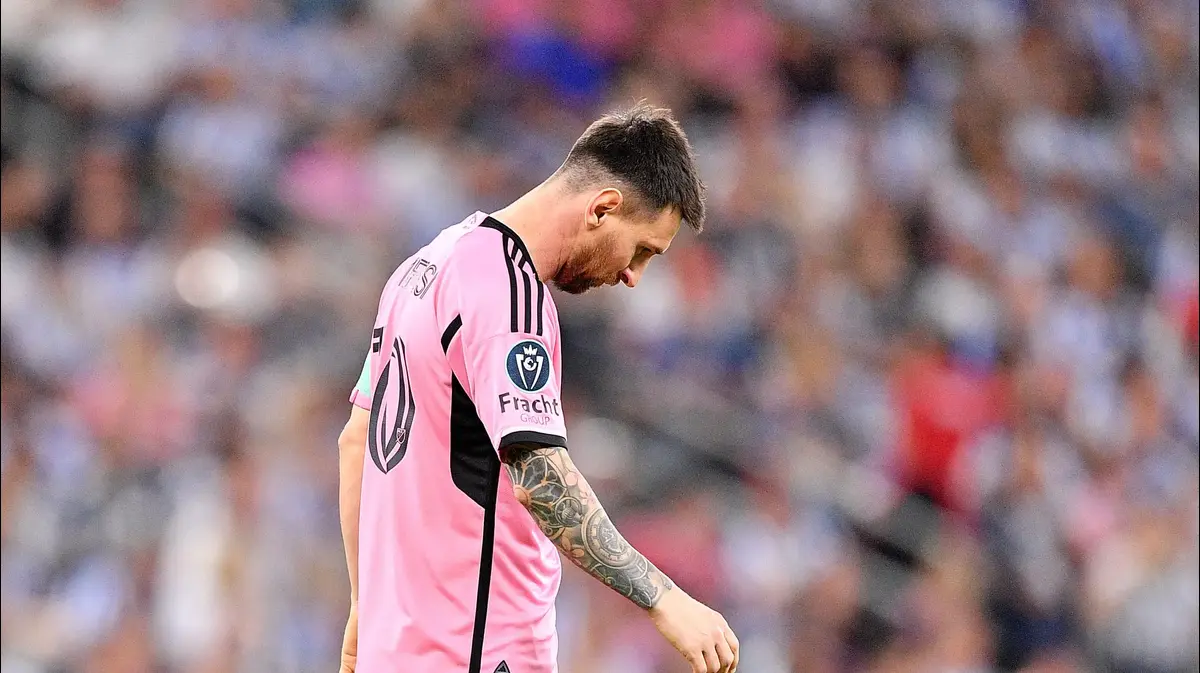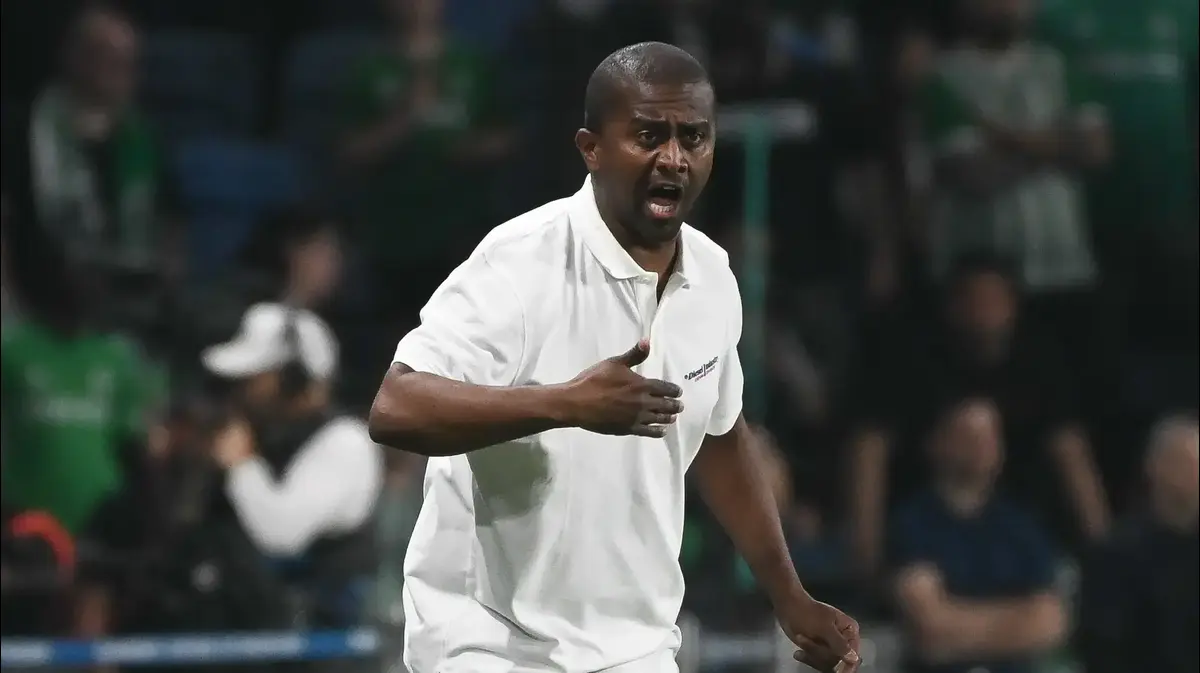The IFAB (International Football Association Board), the body dependent on FIFA in charge of drafting and sanctioning the rules of the game, authorized this Wednesday the tests to carry out additional permanent substitutions of players who suffer head injuries, or who are suspected of having suffered them during matches.
The tests will start from January 2021 whenever requested by the federations and the competitions of each country.
The FA, the English federation, is ready to start trials in all categories of competitions under its jurisdiction, starting with the Cup.
The approved protocol is imperative.
According to the FIFA statement, “in the event of a trauma that affects the brain, or could affect it, the player in question must be permanently removed from the game to protect his health, but his team must not suffer a numerical disadvantage thus".
The measure authorizes teams to make as many changes as necessary to replace players who suffer blows to the head.
Even though the coaches have already exhausted the five tactical substitutions allowed by FIFA.
If there is a clash between two footballers resulting in blows to the head, the protocol dictates that they be removed from the field.
The IFAB is made up of the technical directors of the four British federations plus a representation of FIFA that includes, among others, Pierluigi Collina, president of the referee committee, and Arsène Wenger, head of game development.
The measure adopted this Wednesday responds to the social alarm generated in the United Kingdom since the publication in 2019 of a study that determined that the chances of suffering from neurodegenerative diseases were three times higher in professional footballers than in people who had never practiced sports. Contact.
The author of the study, neurologist Willie Stewart, head of the neuropathology laboratory at the University of Glasgow, established that the most plausible hypothesis to explain the trigger of different forms of dementia in soccer players is traumatic brain injury.
"It's just the beginning"
Stewart explained that blows to the skull, although they seem innocuous, when repeated frequently can produce irreversible pathologies in brain tissue.
Both Dr. Stewart and the other doctors consulted by this newspaper point out that the most dangerous injuries in games are usually head collisions during air balls.
Stewart, however, is skeptical of the IFAB's response and proposes that football follow the path of rugby, which allows players to enter and leave matches for medical examination.
“The principle that, when in doubt, you have to take the player out of the game is not new,” laments Stewart;
“This already worked like that in football.
What has been proposed here is to allow an extra substitution.
It is only the beginning.
But the solution is not to guarantee that the teams have 11 players on the court but to allow the doctors enough time to determine if the players with blows suffer a brain injury ”.
"What the IFAB should have proposed," says the neurologist, "is the temporary replacement of footballers so that they can be examined for ten minutes, which is the minimum that requires the verification that there may be an injury."
Stewart's report has unleashed a state of maximum sensitivity when it comes to weighing the consequences of contact sports.
The complaint of Steve Thompson, who at the age of 42 suffers from serious symptoms of dementia and who was champion of the Rugby World Cup with England in 2003, and who remembers none of those matches, or the cases of senile dementia of seven of the footballers of the English team, world champion in 1966, have multiplied the suspicion.
Both the England Professional Players Union and the FIFPRO World Union have called on FIFA to take action in the face of increasingly worrying situations, such as the head collision experienced by Wolverhampton's Raúl Jiménez and Arsenal's David Luiz, when the November 29 they disputed an aerial ball in a Premier match.
The Mexican was operated on for a skull fracture from which he has still not recovered and David Luiz, who remained in the game for another half hour, has not played again.
Touching the ball with your hand is not always a fault
National federations and tournament organizers interested in implementing the protocol must request it from FIFA.
The 20 Premier League clubs will meet this Thursday to put to a vote both the additional changes of players hit in the head and the expansion of the number of substitutions, from three to five.
FIFA has extended the rule that allows changing five players per team until July 2022. The Premier, so far, has kept the limit at three changes.
The conservatism of the employers of English clubs has displeased coaches such as Jürgen Klopp or Pep Guardiola, who face a common request for an extension to alleviate the physical wear of their squads as a result of the concentration of parties in the calendar, after the pandemic.
Another issue that was resolved at the IFAB meeting was that of hand penalties.
Against the controversial criteria prevailing among referees last season, the coaches concluded that not all actions in which a field player touches the ball with his hand should be judged as fouls.
The principle of "naturalness" prevails again, according to FIFA.
As they had been doing until 2019, the referees must interpret the movement of the player's hand in relation to the position of the body on the play.
Only the hand that touches the ball because it is in an "unnatural" position is punishable.

/cloudfront-eu-central-1.images.arcpublishing.com/prisa/TRGT66EKP2IYV343IB3ZYGI4DQ.jpg)






